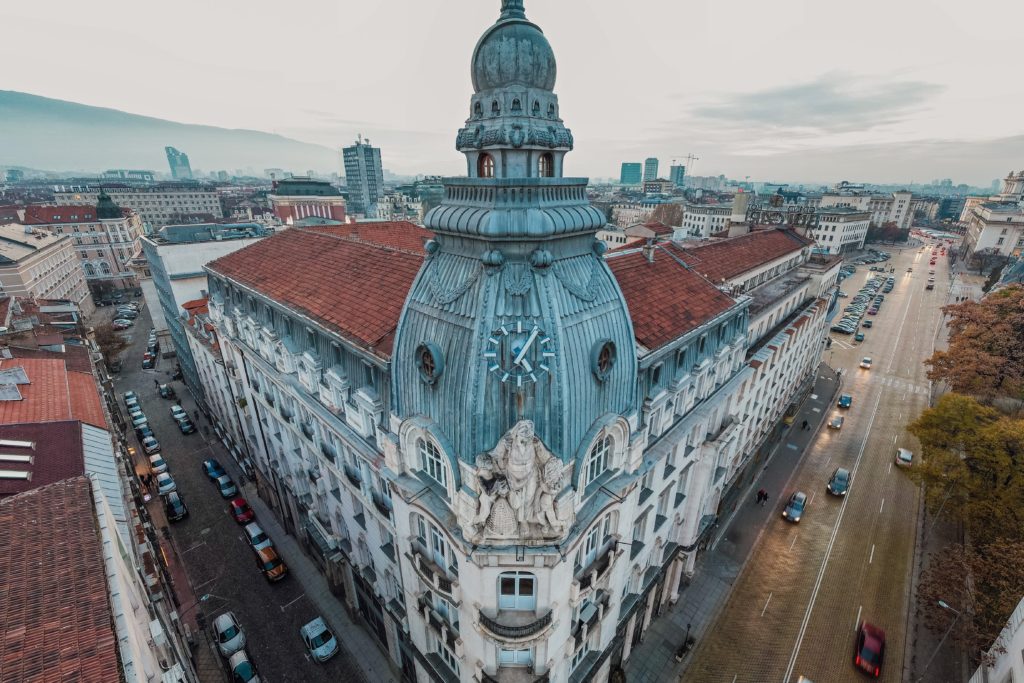The recent consortium meeting held in Sofia, Bulgaria marked a significant milestone for the Better Factory project. This collaborative initiative brought together the Better Factory partners from multiple European countries, representing various domains within the Arts ecosystem, Technology competence centres, Industrial clusters, and Technology suppliers. As the project is in the final cycle of its third year, this meeting served as a vital platform to assess progress, discuss future strategies, and foster a sense of unity among the consortium. The successful gathering highlighted the importance of face-to-face interaction in fostering innovation and achieving project objectives.

The meeting began with a comprehensive overview of the project’s second reporting status and an introduction to the agenda. Led by Päivi Mikkonen and Anna Naydenova, this session set the stage for productive discussions and provided a clear roadmap for the day. Following this, participants took a well-deserved break to rejuvenate before moving on to the subsequent items.
Marta Portalés led the discussion on communication and dissemination activities. Recognizing the vital role of effective communication in project success, this session shed light on strategies to enhance outreach and engagement with stakeholders. By sharing best practices and experiences, the consortium members were able to reinforce the importance of disseminating project outcomes effectively, including the second round of KTEs and the RAMP platform. This exchange of knowledge created a stronger foundation for collaboration and helped solidify the project’s visibility in the European innovation landscape.
One of the highlights of the meeting was the comprehensive review of several deliverables. Kari Kolehmainen, Panos Bouklis, Magnus Simons, Paivi Mikkonen, and Marta Portalés presented the progress made on deliverables such as the SME and artists co-creation space 2.0, cyber-security implementation for RAMP 3.0, data protection in the RAMP Marketplace 3.0, communication, and dissemination plan 3.0, and PEDR 3.0. The consortium celebrated the significant advancements achieved thus far and identified areas for further improvement. The active involvement and insightful contributions of the partners demonstrated their dedication to the project’s success.
Marta Coto, Marco Duarte, and Rodolfo Groenewoud van Vliet provided an update on the implementation status of the second round of Knowledge Transfer Experiments (KTEs). This session showcased the tangible impact of the project on manufacturing SMEs, highlighting the successful integration of innovative solutions and technologies. The partners exchanged valuable feedback and explored opportunities to enhance the effectiveness and scalability of the KTEs, thereby ensuring long-term benefits for the participating SMEs.
The meeting in Sofia, Bulgaria, marked an important turning point for the Better Factory project. By bringing together a diverse consortium from various European countries, the meeting fostered a collaborative environment conducive to achieving shared goals. The enthusiastic participation and positive sentiments expressed throughout the day highlighted the value of face-to-face interaction in strengthening partnerships and driving innovation. As the project enters its fourth and final year in October 2023, the consortium is poised to leverage the knowledge and experiences gained during this meeting to propel the project to new heights. With a unified vision and a renewed sense of purpose, the Better Factory project continues to pave the way for standardised solutions, empowering manufacturing SMEs to embrace innovation and create a prosperous future.

